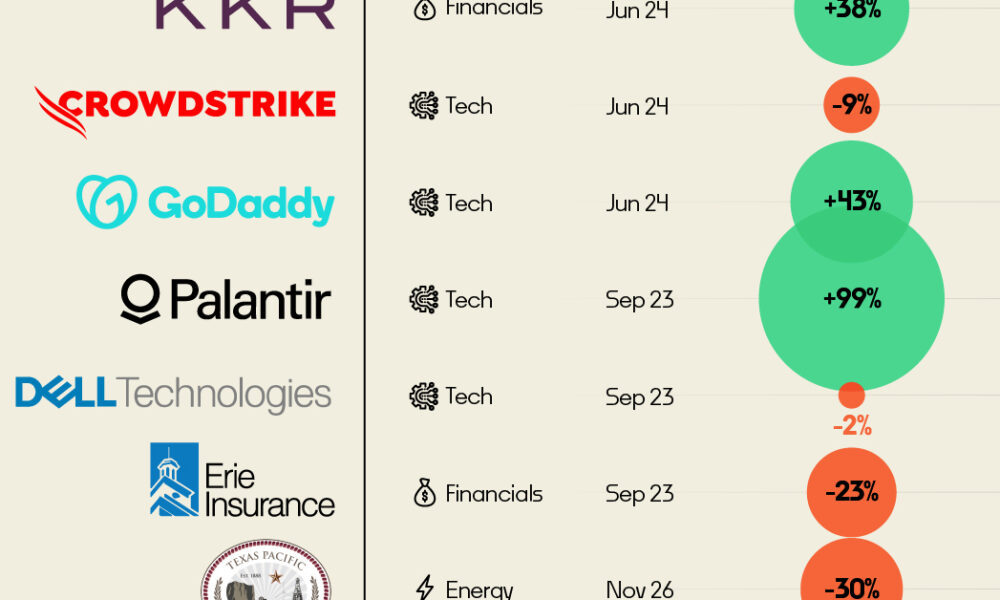Billionaire hedge fund managers are renowned for their investing acumen, and many of them have reached the top of their industry by consistently outperforming the market.
However, running a hedge fund isn’t all stock-picking. It might surprise you to learn that many top investors buy shares of ETFs, including the most popular type of index fund, the S&P 500 index fund. And when it comes to S&P 500 index funds, the biggest is the Vanguard S&P 500 ETF (VOO -0.40%) with net assets of $1.37 trillion.
It’s also a top pick among even billionaire fund managers. Among those that own the Vanguard S&P 500 ETF are Ken Griffin’s Citadel Advisors, Warren Buffett’s Berkshire Hathaway, and Leon Cooperman, and a number of other billionaires own shares of other S&P 500 ETFs such as the SPDR S&P 500 ETF (SPY -0.36%) and the iShares Core S&P 500 ETF (IVV -0.39%).
Here’s what they find so appealing about this investment option — and why it might be a good choice for you too.
Image source: Getty Images.
The appeal of an S&P 500 ETF
Whether you’re a beginning investor or an expert, the Vanguard S&P 500 ETF is an easy addition to your portfolio, and it’s a low-cost option with an expense ratio of just 0.03%.
Tracking the S&P 500, the Vanguard S&P 500 ETF holds 500 of the top U.S. large-cap stocks on the stock market. The manager of the index, S&P Global, rebalances it every quarter to ensure that it reflects the best stocks available. Underperformers are weeded out and up-and-comers are brought in. This year, the index added stocks like Palantir and Workday as it increasingly leans toward the tech sector.
The regular rebalancing is one reason the S&P 500 has a long track record of delivering strong results, averaging 10.5% since its introduction in 1957. The other reason for its success is the dynamism of the American economy, which continues to grow even at a time when much of the world has struggled.
Billionaire investors have also sung the praises of an S&P 500 ETF, and Berkshire Hathaway CEO Warren Buffett has advised that for most investors, the best thing to do is buy an S&P 500 index fund. He also wants his estate to invest 90% of his wealth in a low-cost S&P 500 index fund after he dies.
Is the Vanguard S&P 500 ETF right for you?
The S&P 500 offers nearly something for everyone. The index contains a mix of growth and value stocks, though these days the weighting leans more toward growth stocks as the tech sector has been ascendant. It also draws from every sector of the stock market, helping to ensure that you are diversified and not overexposed to any one sector.
It also offers a modest dividend yield of 1.2%, and the Vanguard S&P 500 ETF currently trades at a P/E of 28.
Looking ahead to 2025, signs point to another strong year for the S&P 500. The U.S. economy has been resilient in the face of high inflation and interest rates, and the threat of a recession seems to have passed. Meanwhile, unemployment is low, GDP growth is solid, and the AI boom is in full tilt. Investors also seemed excited about the impact of the Trump administration, which could lead to lower taxes and less regulation, on the stock market and the S&P 500.
Overall, an S&P 500 ETF like Vanguard’s deserves a place in almost any portfolio. The index fund has a long track record of delivering solid growth. It’s lower risk than picking individual stocks, and it even often beats professional investors.
Warren Buffett famously made a bet with a hedge fund manager that an S&P 500 ETF would outperform a managed fund over a decade (starting in 2008), and Buffett won easily. If there’s a lesson there, it seems to be not to overthink investing. Buying an S&P 500 ETF is one of the easiest investing decisions you can make.
Jeremy Bowman has no position in any of the stocks mentioned. The Motley Fool has positions in and recommends Palantir Technologies, Vanguard S&P 500 ETF, and Workday. The Motley Fool has a disclosure policy.




